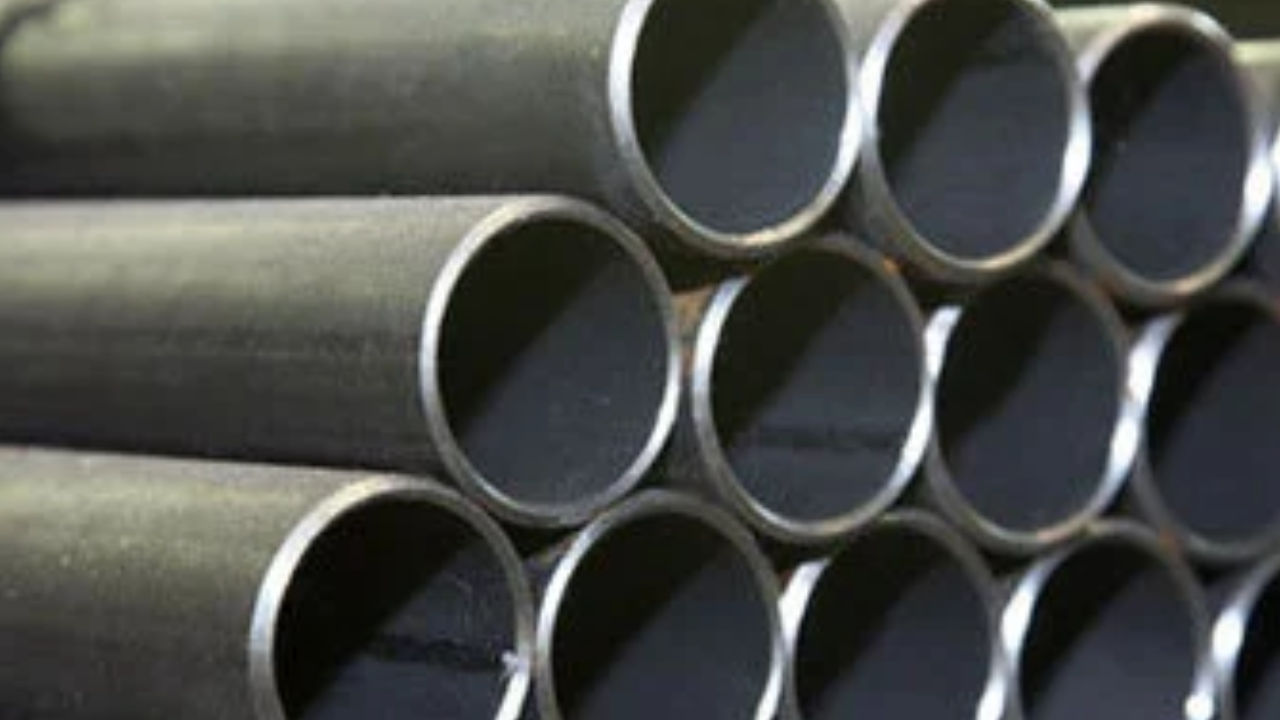Those pipes and fittings are intended to convey liquids, gases, and solids under pressure, making them basic for moving water, oil, gas, and different substances in pipelines steel pipes and fittings are essential added substances in various ventures, which incorporate development, plumbing, and creation. They're made from steel, with areas of strength for a sturdy texture perceived for their energy and life span.
Steel fittings and pipes are essential to piping systems
Steel lines and fittings are fundamental parts of poping systems across different units, assuming a critical role in the transportation of liquids and gases. Here are a few key aspects highlighting their significance:
Strength and Durability
Steel pipes are renowned for their astounding energy and toughness. Their vigor empowers them to endure over-the-top strain, serious temperatures, and damaging environmental conditions. This inherent power makes them perfect for programs requiring reliability and durability, along with in the oil and fuel enterprise, in which pipelines traverse massive distances through diverse terrains.
Corrosion Resistance
Corrosion is an essential trouble in piping systems, as it can think twice about respectability and lead to holes or disappointments. Steel pipes are frequently covered with corrosion-resistant materials, such as zinc or epoxy, to relieve this risk. Also, upgrades in metallurgy have caused the improvement of treated steel pipes, which show better resistance than erosion, making them appropriate for upsetting conditions that incorporate substance-handling plants and marine projects.
Versatility
Steel pipes and fittings offer versatility in terms of length, form, and configuration, allowing for personalization to meet specific project requirements. Whether it is an easy immediate pipeline or a complex network with bends and branches, steel piping systems can be tailored to various programs. Moreover, steel's malleability helps easy fabrication and setup, decreasing production time and costs.
Cost-Effectiveness
Even as initial costs may be better in comparison to alternative materials including plastic or copper, steel pipes provide enormous lengthy-term financial savings due to their durability and low maintenance requirements. The lifespan of steel pipes often exceeds that of other materials, resulting in decreased alternative and repair expenses over time. Moreover, their recyclability makes them environmentally sustainable, contributing to universal value performance.
High Temperature and Strain Resistance
Certain industries, including electricity generation and petrochemical refining, require piping systems capable of handling severe temperatures and pressures. Steel pipes excel in these worrying situations, preserving structural integrity and overall performance under intense warmth and strain. This functionality is essential for ensuring the secure and efficient operation of commercial centers wherein high-temperature fluids or steam are prevalent.
Fire Resistance
Fire safety is paramount in buildings and infrastructure tasks. Steel pipes have inherent fireplace resistance, making them a perfect preference for fireplace safety structures. In the occasion of a hearth, steel pipes keep their structural integrity and may resist exposure to excessive temperatures, supporting to contain the unfold of flames and shielding existence and property.
Summary
Steel pipes and fittings are indispensable components of piping systems, supplying unrivaled power, durability, and versatility. Their unparalleled strength, durability, excessive situations, resist corrosion, and ensure the safe transportation of fluids and gases underscores their significance across industries. Because the cornerstone of modern infrastructure, steel piping structures will continue to play a critical role in facilitating global connectivity and progress.


